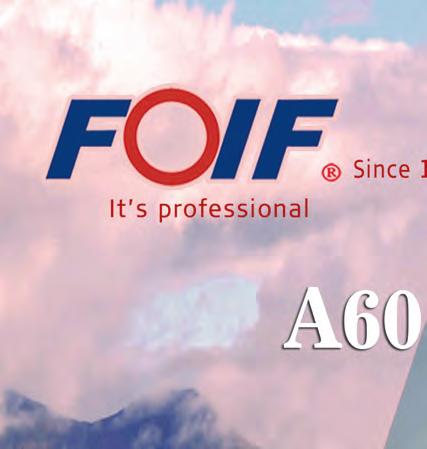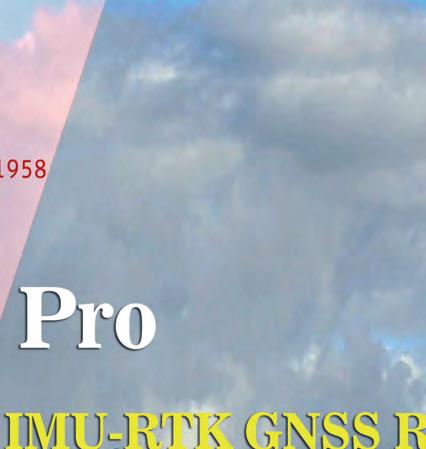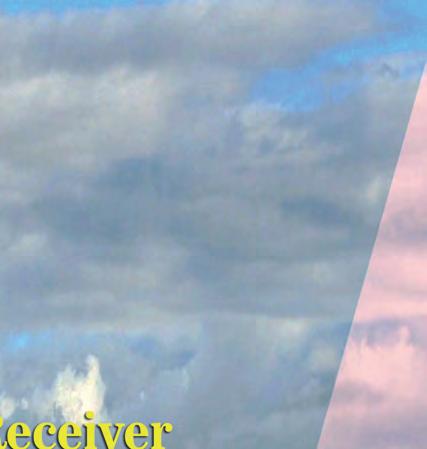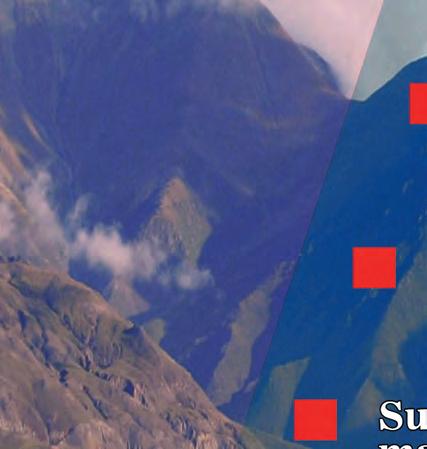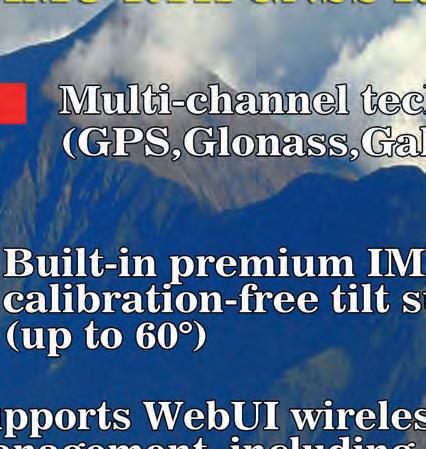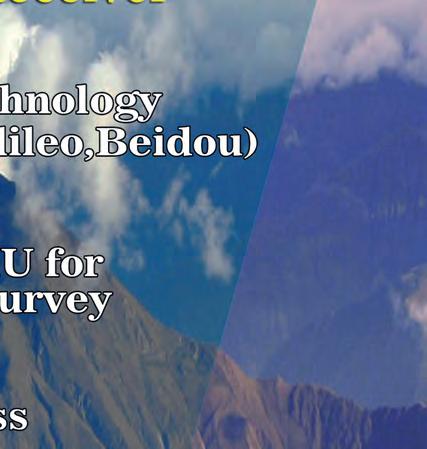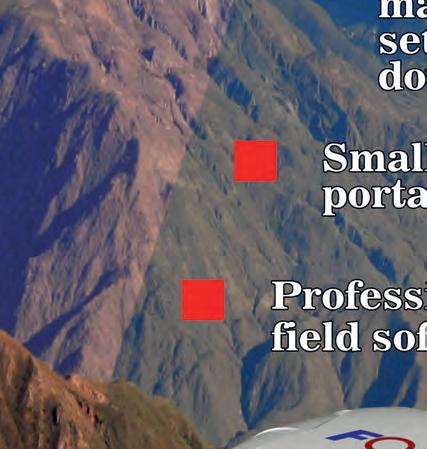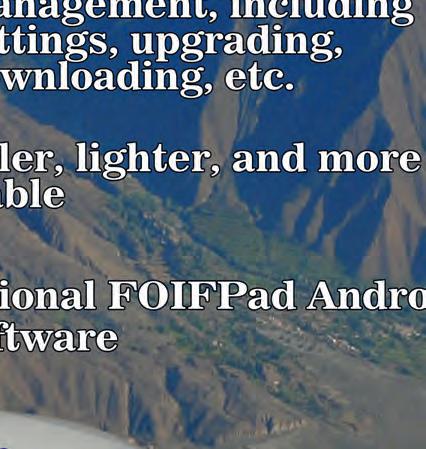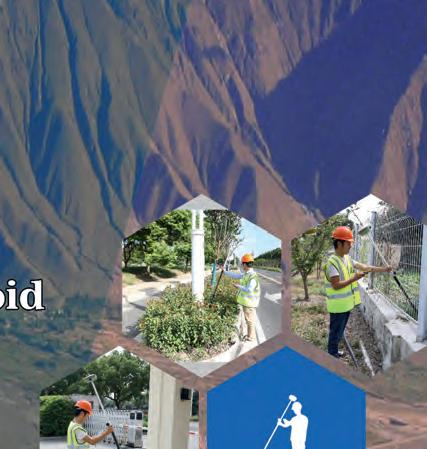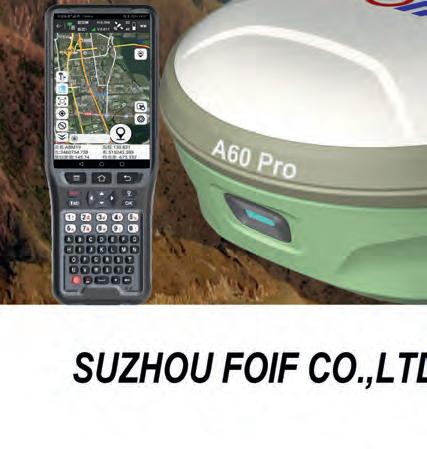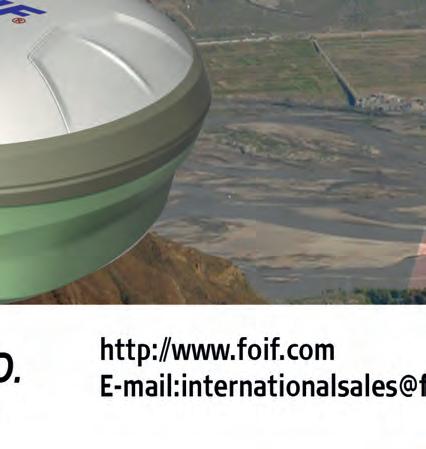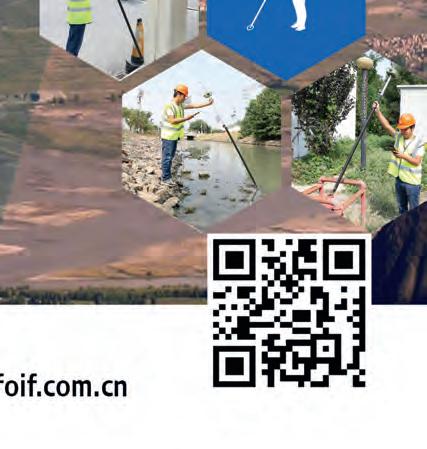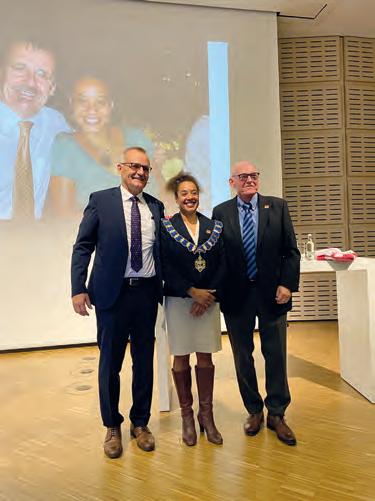
6 minute read
Organizations
FIG Hand-over Event
Diane Dumashie Takes over FIG Presidency from Rudolf Staiger
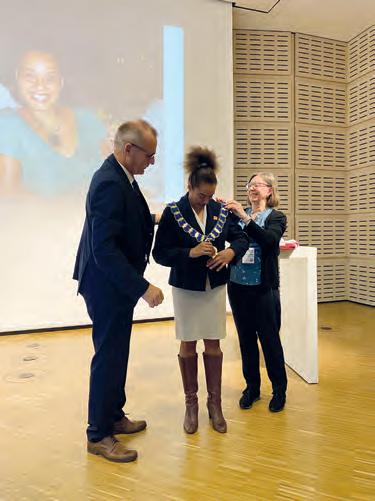
The transition of the FIG presidency from the current president, Rudolf Staiger, to the incoming president, Diane Dumashie, was marked at a special hand-over event which took place on 20 October 2022 in connection with Intergeo 2022 in Essen, Germany. Host of the event was the German Association for Geodesy, Geoinformation and Land Management (DVW).
At the FIG Congress in Warsaw in September 2022, the FIG General Assembly elected Diane Dumashie, United Kingdom, as president for the term 2023-2026 as well as the two new vice chairs: Daniel Steudler and Winnie Shiu.
Stig Enemark, honorary president of FIG, was the first speaker at the ceremony. Among other things he talked about the development of FIG from a bureau-driven system to the current system with an elected council. Stig was the first elected president of FIG (20072010) when this new governance structure was introduced 20 years ago. The fourth term is now coming to an end and the system has proven to work the way it was intended, “making FIG a truly global organization, also in terms of the governance structure by the opportunity of having a variety of countries represented in the council,” he stated. Diane Dumashie was the second speaker at the event. She talked about the coming challenges and opportunities for FIG. It is now time for the new council to elaborate on its work plan for the next four years. The term will start officially at the beginning of 2023.
The final speaker was Rudolf Staiger, whose presentation had a cryptic title: ‘Having Ice in the Stomach’. He talked about the importance of volunteering – a term which he has also used in his overall motto for these past four years: “Volunteering for the Future”. Without volunteers, FIG would not be able to exist and a large number of volunteers and dedicated officials put in many hours of work for FIG. Rudolf has served FIG in various positions and roles over the past 22 years, and has attended six congresses, 14 working weeks and five regional conferences… together with numerous other meetings and other happenings, and has worked on many tasks for FIG such as the design of the current Peer Review system. Referring to the cryptic title of his address, Rudolf explained that especially these past three years have been a different kind of challenge, which also changed the focus of his term of presidency. The extra layer of uncertainty due to COVID-19 and its impact on meetings and conferences took up much of the time. This was followed earlier this year by the Russian invasion of Ukraine, which had a direct impact on the congress destination of Poland, making it a quite different term of office. He said it had been important to stay calm and deal with these challenges – in other words, to use a Scandinavian proverb, “To keep ice in the stomach”. Another consequence of the challenges over the past three years is that Rudolf will most likely be the FIG president leaving the smallest carbon footprint ever.
Prior to the hand-over ceremony, DVW invited all international participants on a highly interesting trip to the Zollverein Coal Mine Industrial Complex in Essen, including a guided tour in the coal mine complex, and then hosted a dinner in the evening. A very big thanks to DVW and its representatives for organizing this event.
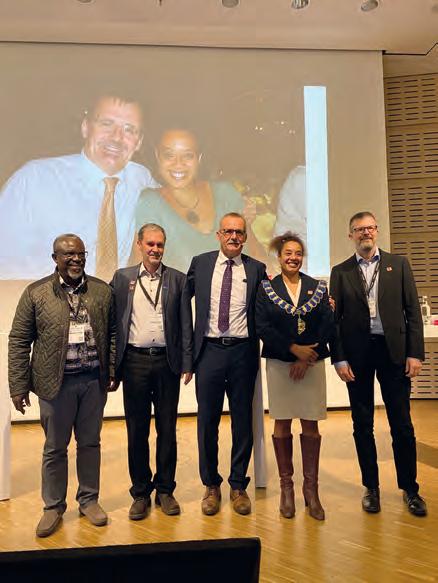
The current and incoming council at the hand-over ceremony – from left Kwame Tenadu, Daniel Steudler, Rudolf Staiger, Diane Dumashie and Mikael Lilje. Unfortunately, outgoing Vice President Jixian Zhang and incoming Vice President Winnie Shiu were not able to attend in Germany.
By Louise Friis-Hansen, FIG director
The FIG Chain was transferred from Rudolf Staiger and to Diane Dumasie with the help of FIG Director Louise Friis-Hansen.
More information
www.fig.net
ISRSE-39 – Turkey (24-28 April 2023) ‘From Human Needs to SDGs’
In this inspiring time for the space sector and its essential contribution towards helping to realize the timely delivery of the Sustainable Development Goals (SDGs), the 39th International Symposium on Remote Sensing of Environment (ISRSE-39) offers a unique opportunity for in-depth, cross-disciplinary exchanges between key public and private-sector organizations and leading actors in the fields of satellite observing systems, remote sensing applications and information services. Although a global event, the symposium will place a strong emphasis on practical applications and societal outcomes at local, national and regional levels. ISRSE is widely acknowledged to be one of the most significant gatherings of the international remote sensing community. It attracts senior staff from space agencies and international Earth observation programmes, and provides a global overview of advances in Earth observation and the substantial societal benefits.
ISRSE-39 will take place from 24-28 April 2023 in Antalya, Turkey – a location at the crossroads of ancient and modern civilizations, and an ideal setting for a timely international exchange on the contribution of remote sensing to societal resilience during the 21st century.
We look forward to meeting you and discussing recent developments and contributions to save our planet.
The Arab Academy for Science, Technology, and Maritime Transport (AASTMT) is honoured to host the first ISPRS Geospatial Week in Africa and the Middle East in 2023 (GSW-2023) held under the auspices of H.E Secretary-General of the League of Arab States. The conference will take place in September 2023 at the InterContinental Cairo Semiramis, Egypt.
The GSW2023 will host 22 workshops representing the state of the art and future trends in geospatial technologies, such as: • 3D sensing for smart cities • Mobile mapping technologies and HD maps • Emerging navigation and mapping technologies for autonomous systems
More information
https://www.isrse39.com/
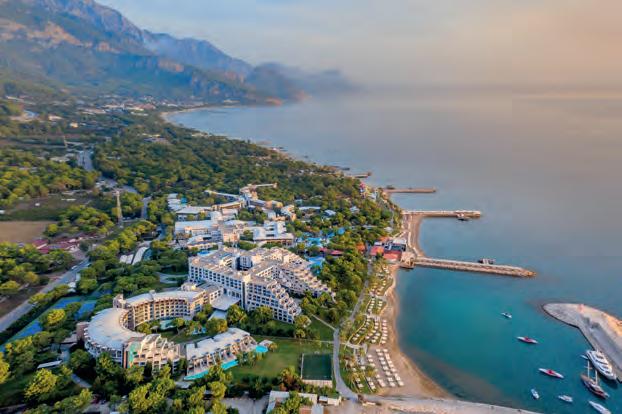
ISPRS GSW 2023 – Egypt (2-7 September 2023) ‘Remote Sensing for Better Future’
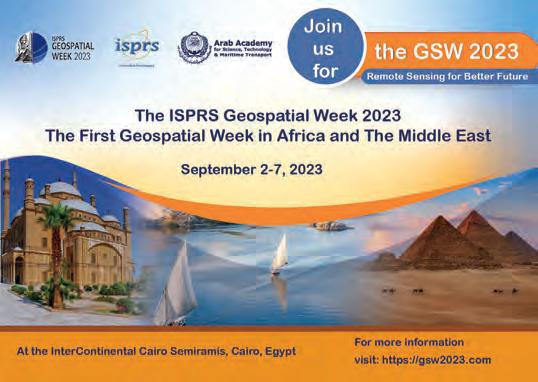
• Intelligent and autonomous mapping systems • SAR constellations and applications • Robotics for mapping • Semantic scene analysis and 3D reconstruction from images and image sequences • AI-based point cloud and image understanding • Indoor 3D navigation and mapping • Mapping from UAVs • GI4SDGS – the geospatial information and SDG nexus • Sensor orientation and calibration for mapping and navigation purposes • SDI “Toward a SDSS” • Crowdsourcing for global mapping • International Symposium on Spatial Data Quality (ISSDQ) • Geospatial computing for understanding human behaviours • Laser scanning • Advanced data preparation and data management for geospatial and remote sensing scenarios • Smart forests – multi-scale forest assessment and monitoring using AI and robotic-aided remote sensing • Satellite remote sensing and its applications
We look forward to seeing you in Cairo in September 2023.
More information
www.gsw2023.com
